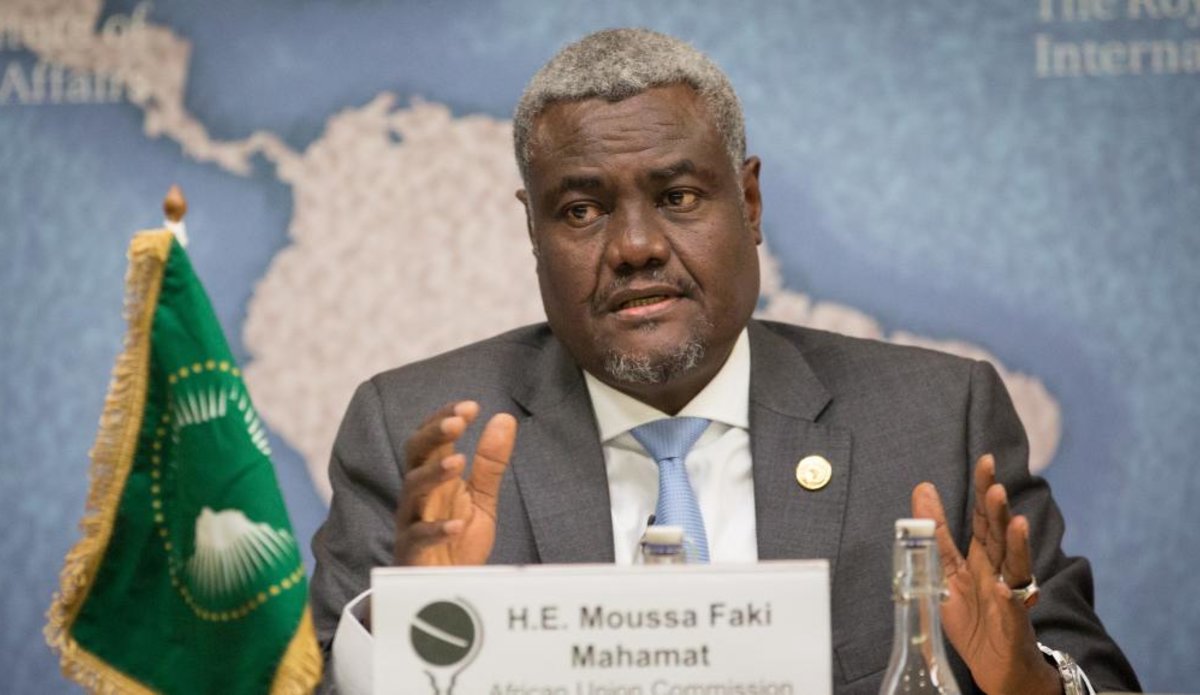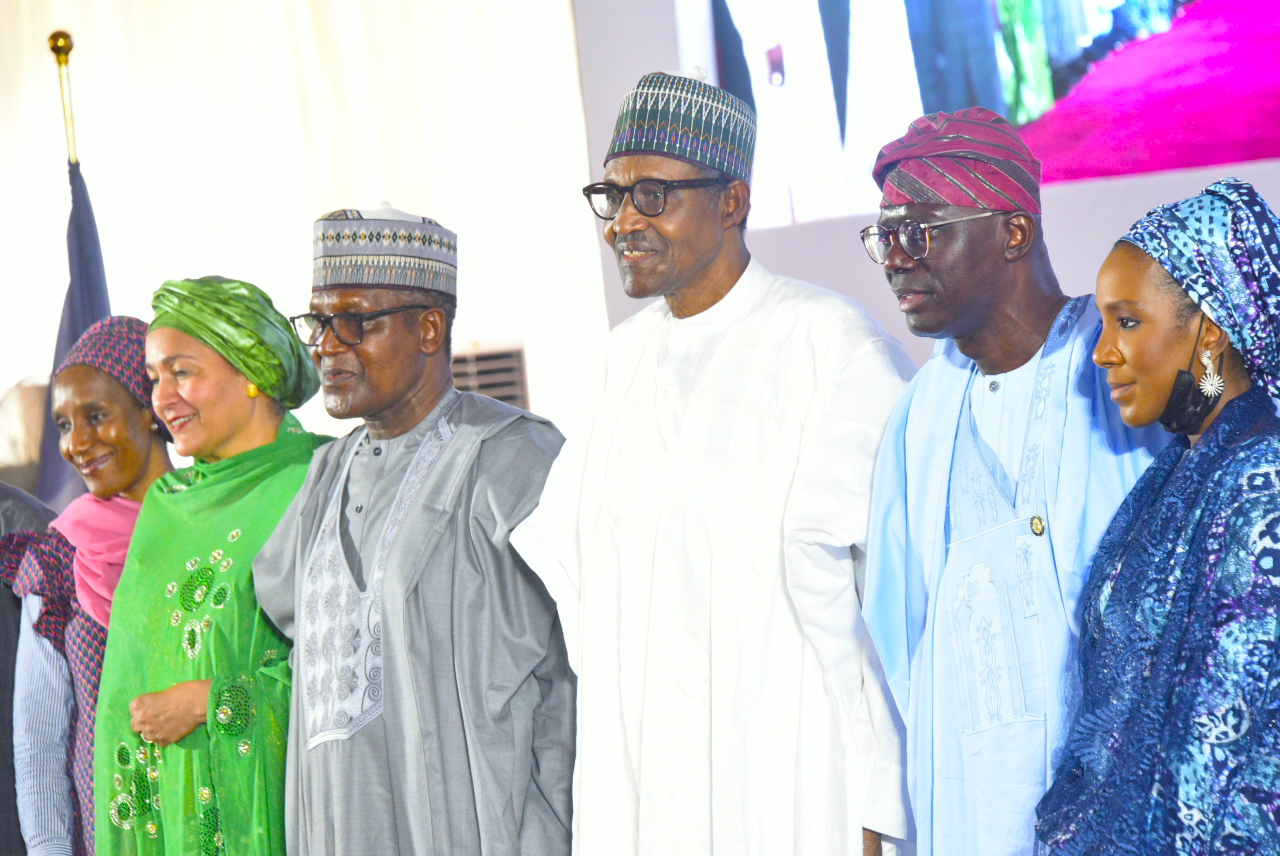More reasons why the federal government may not hurriedly sign the African Continental Free Trade Area (AfCTFA) have emerged as the Statistician-General of the Federation and Director General of National Bureau of Statistics (NBS), Dr. Yemi Kale, has revealed that Nigeria’s economy has not recovered from the 2016 recession.
The AfCFTA is the result of the African Continental Free Trade Agreement among all 55 members of the African Union. If ratified, the agreement would result in the largest free-trade area in terms of participating countries since the formation of the World Trade Organization.
The Continental Free Trade Area (CFTA) is a continent-wide free-trade agreement brokered by the African Union (AU) and initially signed on by 44 of its 55 member states in Kigali, Rwanda on March 21, 2018, excluding Nigeria.
The agreement initially requires members to remove tariffs from 90% of goods, allowing free access to commodities, goods, and services across the continent. The United Nations Economic Commission for Africa estimates that the agreement will boost intra-African trade by 52 percent by 2022. The proposal will come into force after ratification by 22 of the signatory states.
Initial planning for the agreement began in 2013, with negotiations held in 2015 via AU summits.
Business Hilights recalls that the first negotiation forum was held in February 2016 and held eight meetings until the Summit in March 2018 in Kigali. From February 2017 on the technical working groups held four meetings, where technical issues were discussed and implemented in the draft. On 8-9 March 2018 the African Union Ministers of Trade approved the draft.
At the extraordinary Summit of the Assembly of the African Union on 21 March in Kigali the Agreement establishing the African Continental Free Trade Area was signed, along with the Kigali Declaration and the Protocol of Free Movement. Other countries, who signed the Kigali declaration, including South Africa and Namibia, are expected to sign the agreement during the AU summit in July but few countries skipped on personal reasons.
Negotiations will continue in 2018 with Phase II, including policies of investment, competition and intellectual property rights. On the January 2020 AU Assembly negotiations are envisaged to be concluded.
South Africa, Sierra Leone, Namibia, Lesotho and Burundi have since signed the AfCFTA during the 31st African Union Summit in Nouakchott.
Explaining more in a recent interview, Dr. Kale averred that “I am not going to give the final figures because the work is not even completed but from the numbers I am seeing, it is looking quite flat.
“Surprisingly, but I expected the numbers should be much better; it is looking very similar to the first quarter. I think the economy is still struggling out of recession and that is what the numbers are showing. For example, we have seen challenges in agriculture because of the clashes that are happening in different parts of the country. Obviously, if people cannot go to the farms; it is going to be a problem.
Besides, Manufacturers Association of Nigeria (MAN), through its President, Dr Frank Jacobs, declared recently at the 34th Annual General Meeting (AGM) and Public Lecture of MAN, Rivers/Bayelsa branch, in Port-Harcourt noted that locally produced goods are still finding it difficult competing in the global market.
Explaining more on the theme of the event; ‘The Challenges of Manufacturing in a Globalised Economy’, Jacobs said it was apt, considering the fact that “made-in-Nigeria products are struggling to compete with its likes in the global market.”
He appealed to the federal and state governments to work in synergy with MAN to improve and stabilise the economy.
Business Hilights recalls that MAN has consistently advised against ratifying the AfCTFA agreement against the backdrop of protecting local manufacturers who are yet to have salutary production environments like their peers in other fast growing African economies.
MAN’s objection to the deal is linked to the chances of converting Nigeria a dumping ground for products from other fast-lane economies at the detriment of struggling industries after all.









